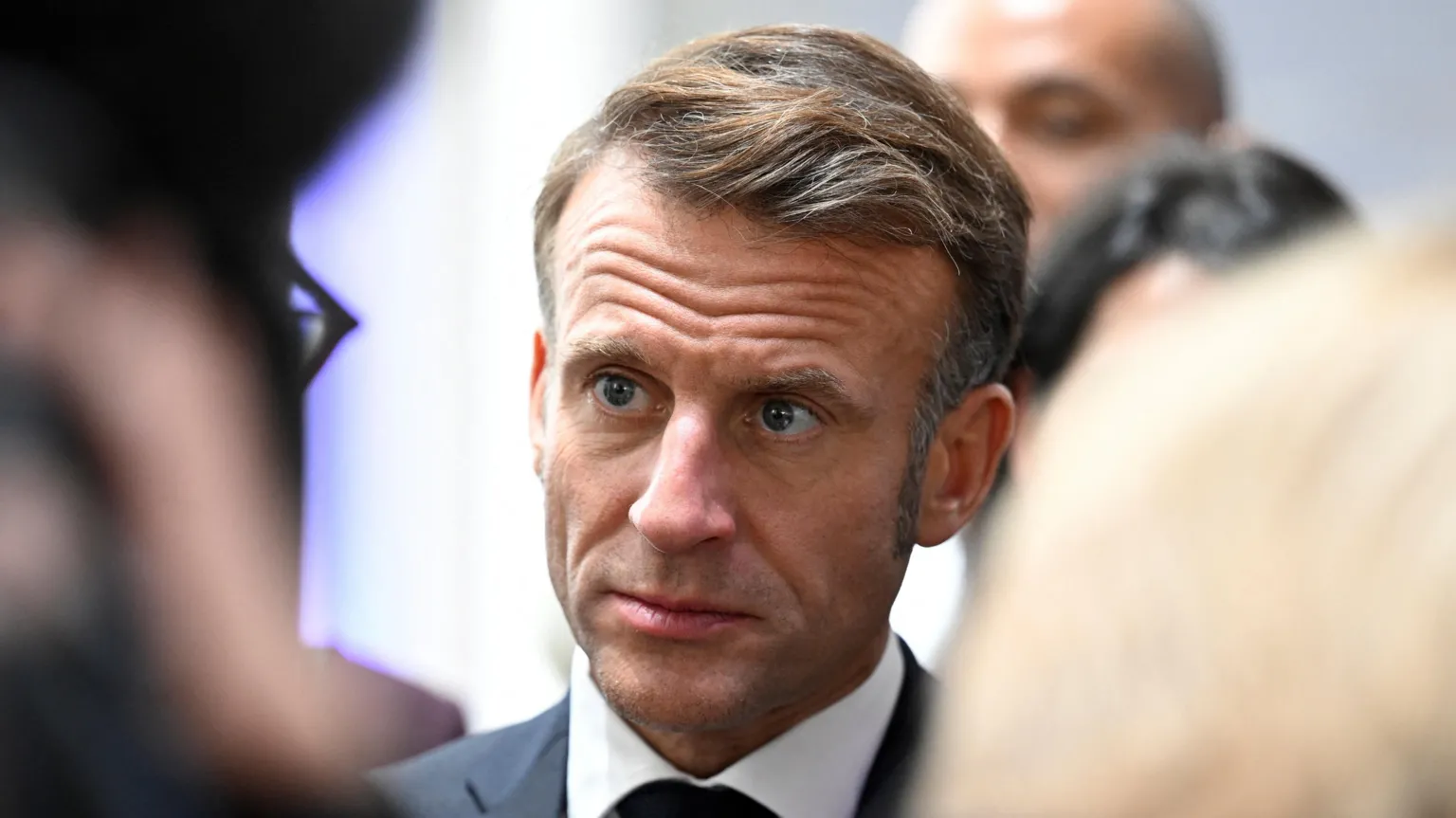The Struggle for Political Stability in France
France stands at a crucial turning point as President Emmanuel Macron faces mounting political pressure after years of turbulence and government reshuffling. Once seen as a leader who could modernize the French economy and unite a fragmented political landscape, Macron now contends with growing public dissatisfaction and a divided parliament. His latest prime ministerial appointment, intended to stabilize his centrist coalition, has instead underscored the deep fractures within the country’s political class. The resignation of successive prime ministers has weakened confidence in Macron’s leadership, while rising debt and sluggish growth continue to fuel discontent. The president’s once-celebrated timing—his ability to control the rhythm of political events—appears increasingly uncertain as France navigates its most volatile period in years. The Élysée Palace continues to affirm its commitment to reforms, yet Macron’s political capital is eroding rapidly, with polls showing declining approval ratings and growing calls for early elections.
Economic Pressure and the Weight of Public Debt
Beyond the political chaos, France’s economy faces serious headwinds. Public debt has ballooned to levels that make fiscal reform unavoidable, exceeding 110% of GDP, while the budget deficit remains well above the European Union’s recommended limit. This growing imbalance has intensified tensions between government ministries and opposition parties over how to reduce spending without triggering social unrest. Macron’s earlier attempts to raise the retirement age and reform labor laws were met with months of strikes and protests, revealing a nation deeply resistant to austerity. The government’s challenge lies in restoring economic credibility while maintaining France’s strong welfare system, which has long been central to its identity. Economists warn that continued borrowing could threaten France’s credit rating, potentially increasing borrowing costs and reducing foreign investment. Citizens seeking details about national budget reforms can consult the French Ministry of Economy and Finance, which provides official data and projections. As the eurozone’s second-largest economy, France’s fiscal health remains essential to European stability, and Macron’s next decisions will have continental repercussions.
The Road Ahead: Elections, Leadership, and the Future of France
As Macron approaches the final stretch of his presidency, his political options are narrowing. Dissolving parliament and calling for new elections could restore his authority—or accelerate his decline if voters shift further toward opposition parties. With the next presidential race approaching in 2027, political figures across the spectrum are positioning themselves as potential successors. Some centrist leaders advocate for a technocratic government focused solely on fiscal recovery, while others argue that only a new political coalition can break the deadlock. Macron’s challenge lies not only in managing policy but also in rebuilding trust with an electorate weary of economic stagnation and political gridlock. Meanwhile, debates over France’s role within the European Union, its environmental commitments, and migration policy continue to shape the national conversation. For insights into France’s evolving relationship with Europe, visitors can explore the European Council’s website. As Macron seeks to reassert his influence, analysts suggest his legacy will depend on whether he can deliver meaningful reform before time runs out. Those interested in tracking France’s policy updates and legislative changes can follow developments through the official French Parliament website, where current bills and debates are published.







